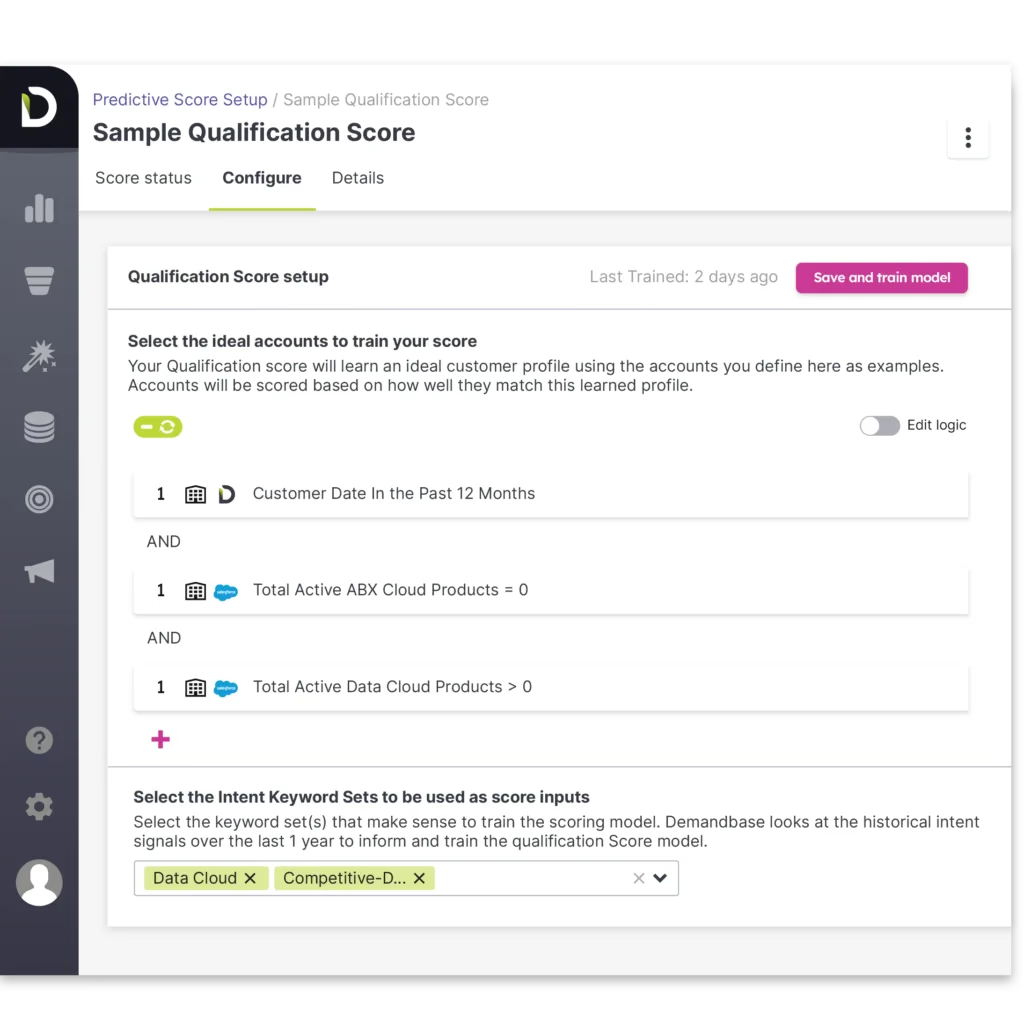Unlocking the Power of Data: The Value of Data Governance
Discover how data governance boosts decision-making, compliance, and efficiency

Gideon Schon
Data Strategist , Demandbase
In today’s digital age, data has become the lifeblood of organizations across industries. From customer insights to operational efficiency, data holds the key to unlocking numerous opportunities for growth and innovation. However, with great data comes great responsibility. Without proper management and governance, data can quickly become a liability rather than an asset. This is where the importance of data governance shines.
Understanding data governance
Data governance refers to the overall management of the availability, usability, integrity, and security of data used in an enterprise. It encompasses the people, processes, policies, standards, and technologies that ensure data is well-managed and protected throughout its lifecycle.
Why data governance matters
1. Data quality assurance
Data governance ensures that data is accurate, consistent, and reliable. By defining data standards and implementing quality controls, organizations can trust their data to make informed decisions confidently.
2. Regulatory compliance
In an era of increasing data privacy regulations like GDPR and CCPA, compliance is non-negotiable. Data governance helps organizations adhere to legal and regulatory requirements by establishing policies and procedures for data handling, thereby mitigating the risk of non-compliance and potential fines.
3. Risk management
Data breaches and cyber threats are significant concerns for businesses today. Data governance helps mitigate these risks by implementing security measures, access controls, and data encryption protocols to safeguard sensitive information from unauthorized access or misuse.
4. Improved decision-making
High-quality, well-governed data enables better decision-making at all levels of an organization. Whether it’s strategic planning, resource allocation, or customer segmentation, access to accurate and timely data ensures that decisions are based on facts rather than assumptions, ensuring an effective ABM strategy.
5. Enhanced operational efficiency
Efficient data management streamlines processes and reduces inefficiencies associated with data silos, duplication, and inconsistency. With data governance in place, organizations can optimize their operations, reduce costs, and improve productivity.
Not to mention, data also drives the predictive models within the Demandbase platform, so ensuring that data is clean and accurate is paramount to operational efficiency.

6. Data monetization
Data is a valuable asset that, when properly managed, can be monetized. Data governance lays the foundation for organizations to extract insights, develop new products or services, and even create additional revenue streams through data monetization initiatives.
Implementing effective data governance
1. Establish clear roles and responsibilities
Define roles and responsibilities for data stewards, data custodians, and other stakeholders involved in data governance to ensure accountability and ownership.
2. Develop data policies and standards
Create policies and standards for data classification, access controls, data retention, and data sharing to ensure consistency and compliance across the organization.
3. Deploy robust data management tools
Invest in data management tools and technologies that support data governance initiatives, including data cataloging, metadata management, data lineage, and data quality tools.
4. Provide ongoing training and education
Educate employees on data governance best practices, policies, and procedures through training programs and workshops to foster a culture of data stewardship and awareness.
5. Regular monitoring and enforcement
Continuously monitor compliance with data governance policies and standards and enforce corrective actions when necessary to maintain data integrity and security.
Unlock your data’s true potential by mastering data governance
Discover how to balance immediate needs with long-term strategy, align your teams, and foster transparency and teamwork–we cover it all in this podcast episode.
Demandbase is here to help
Data governance is not just a technical requirement; it’s a strategic imperative for organizations looking to harness the full potential of their data assets. By establishing robust data governance practices, organizations can ensure data quality, compliance, risk mitigation, and, ultimately, drive better business outcomes in today’s data-driven world.
At Demandbase, we are committed and uniquely positioned to help you with your data governance needs as it drives your ABX functions and GTM motions. Our professional services organization runs Data Governance workshops that are tailored to your needs by creating highly agile blueprints for tool-driven data governance and a right-sized operating model. Data Strategy at Demandbase will help establish a formal data governance program to ensure data is accessible, secure, uniform, and trusted throughout your organization.
Book a meeting with us to get started!

Gideon Schon
Data Strategist , Demandbase



